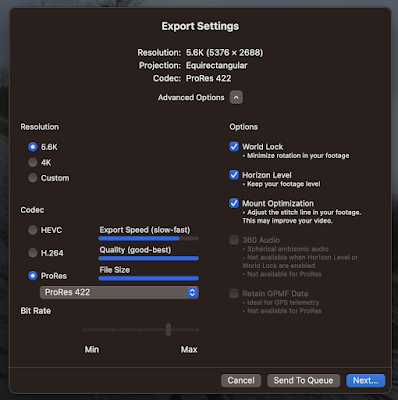Lecture time: 1h15'
Objectives (5') - S1-S2
To produce and present a critical analysisTo conduct independent research
To experience and reflect on group work
Transition (5')
Identify groups
Provide readings
Group work starts (20') - S3
In groups of approximately 5- Critically evaluate one of the articles provided.
- Preparing a group review (without visual props).
- 20' to read and prepare of which 5' quiet time.
Presentation delivery (30')
10x 2-minute presentations followed by one quick Q&A on the subject matterArticles
- Power points – an Irish-German affair (The Irish Times)
- Criticism of Project Maths syllabus fails to add up (The Irish Times)
- Western tales of China’s imminent collapse are a bit rich (The Guardian)
- Teenage angst – the implications of China’s slowdown (The Economist)
- The rise and fall of the Boomtown Prats (The Irish Independent)
- Death of the Celtic Tiger? (New Zealand Herald – long article)
- Hey, not so fast on European Austerity (New York Times – 3 page article)
- Elisabeth Murdoch attacks News Corp values and praises BBC (Irish Times)
- Verdict on UK riots: people need a stake in society says report (The Guardian)
- Why insensitive bosses make more sense (Financial Times)
- Waiting for the great leap forward (Irish Left Review)
Debrief Discussion (10')
What is critical analysis?
- Evaluating
- Subjective
- Persuasion
- Evidence
- Scientific
- Political
Did typical roles arise? What were they?
Did people change roles? Why?
- Manager
- Timekeeper
- Recorder/checker
- Sceptic
- Big boss
- Lurker
- Facilitator
Did people change roles? Why?
Did each member have a voice, make an impact?
What was the dynamic (over time)?
Did the group...What was the dynamic (over time)?
- Initial analysis
- Independent research
- Synthesis
- Chaos
- Lost in the desert
- A cavalry charge
- Present a brief and cogent piece?
- Add value - illustrate, relate etc?
- Reflect and critically evaluate?
Wrap up - S4 - S5 - S6 - S7 - S8 - S9 - S10
Further reading
A process for combining self-directed and group-based learning can be organised as follows. Note, groups should adapt and modify the steps to suit the round style and conditions. (Schwartz et al., 2001)
- First encounter a problem ‘cold’, without doing any preparatory study in the area of the problem.
- Interact with each other to explore their existing knowledge as it relates to the problem.
- Form and test hypotheses about the underlying mechanisms that might account for the problem (up to their current levels of knowledge).
- Identify further knowledge gaps or learning needs for making progress with the problem.
- Undertake self-study between group meetings group to satisfy identified learning needs.
- Return to the group to integrate the newly gained knowledge and apply it to the problem.
- Repeat steps 3 to 6 as necessary.
- Reflect on the process and on the content that has been learnt.
- Clarify unknown terms or concepts in the problem description.
- Define the problem(s). List the phenomena or events to be explained.
- Analyse the problem(s).
- Step 1. Brainstorm. Try to produce as many different explanations for the phenomena as you [can] think of. Use prior knowledge and common sense.
- Step 2. Discuss. Criticize the explanations proposed and try to produce a coherent description of the processes that, according to what you think, underlie the phenomena or events.
- Formulate learning issues for self-directed learning.
- Fill the gaps in your knowledge through self-study.
- Share your findings with your group and try to integrate the knowledge acquired into a comprehensive explanation for the phenomena or events. Check whether you know enough.
- Initial analysis: identify problems, explore extant knowledge, hypothesise, identify knowledge gaps
- Independent research: research knowledge gaps
- Synthesis: present findings – relating them to the problem(s), integrate learning from others, generate a synthesis, self-assessment of learning process, repeat ‘triple jump’ if needed.
References:
- GRAVE, W. S., BOSHUIZEN, H. P. A. & SCHMIDT, H. G. (1996) Problem based learning: Cognitive and metacognitive processes during problem analysis. Instructional Science, 24, 321-341.
- SCHWARTZ, P., MENNIN, S. & WEBB, G. (Eds.) (2001) Problem-Based Learning: Case studies, experience and practice, London, Routledge.

